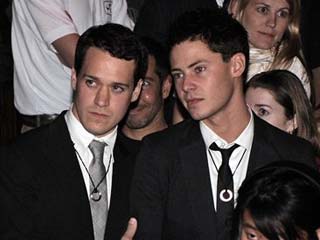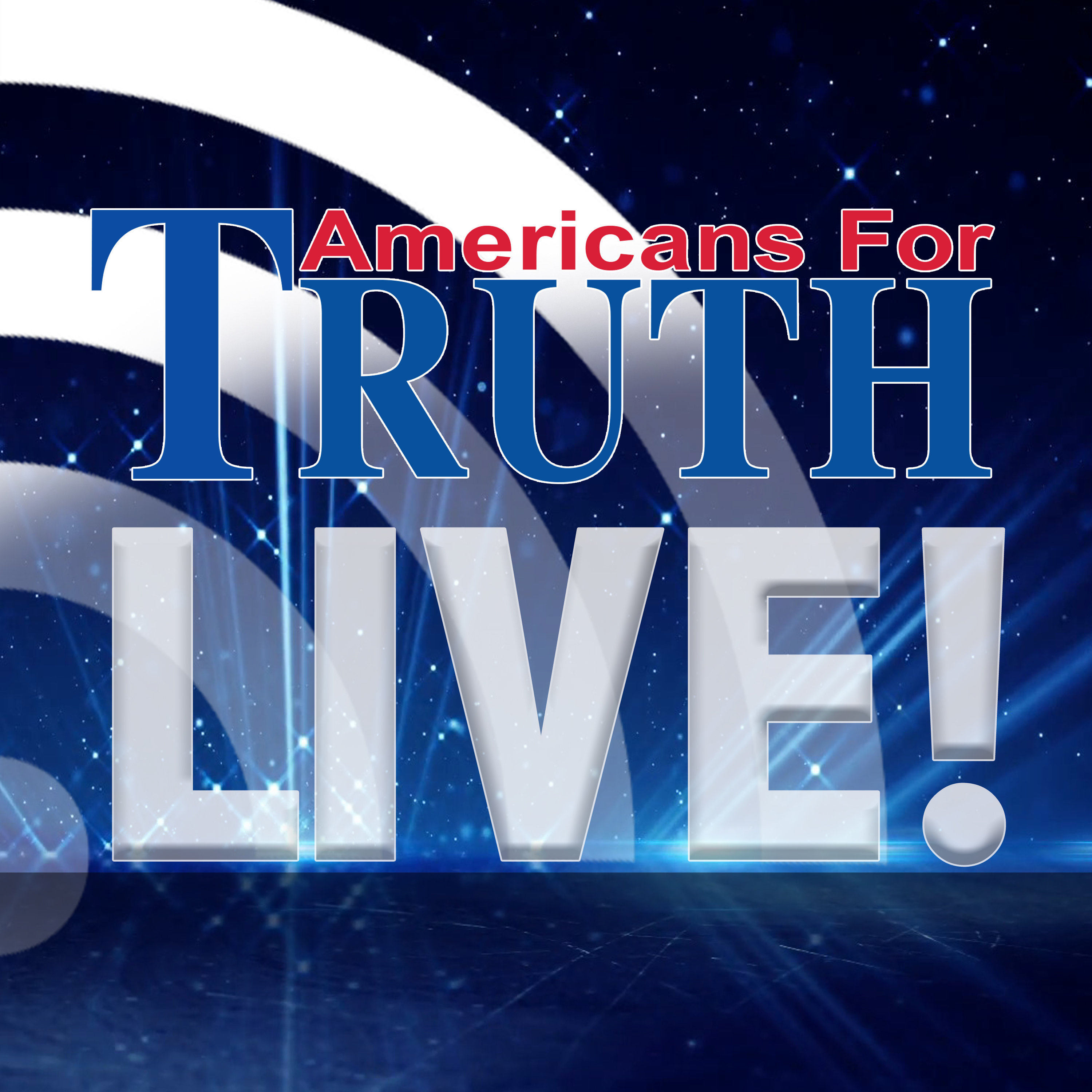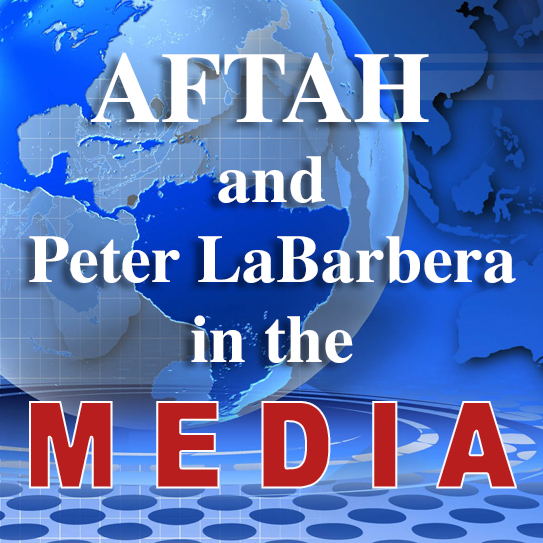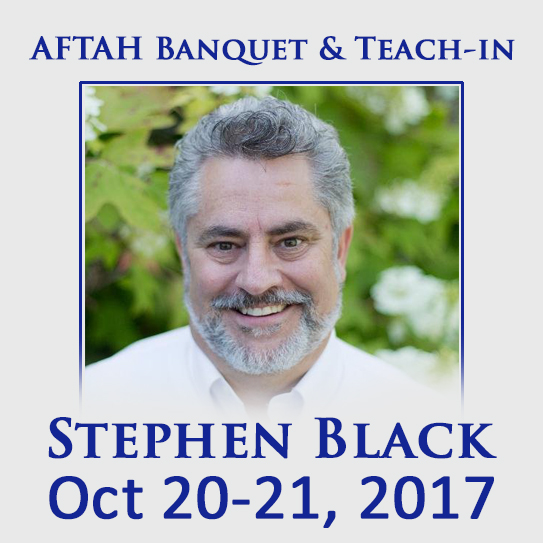
| Home | About | Issues | Resources | Join Our Email List | Savage Hate | Donate | Contact |
Redefinition Revolution
Gay marriage is about more than Adam and Steve
 Mocking Marriage: “Grey’s Anatomy” star T.R. Knight (left), 35, with his 19-year-old boyfriend, Mark Cornelson. Knight says “it’s very important to honor marriage,” and is happy he now can “marry” in California. Here at AFTAH, we believe this relationship can never “honor marriage” because it cannot be marriage. Maggie Gallagher writes that the “same-sex marriage” movement is all about demonizing critics of homosexuality (mostly people of faith) as the moral equivalent of racists.
Mocking Marriage: “Grey’s Anatomy” star T.R. Knight (left), 35, with his 19-year-old boyfriend, Mark Cornelson. Knight says “it’s very important to honor marriage,” and is happy he now can “marry” in California. Here at AFTAH, we believe this relationship can never “honor marriage” because it cannot be marriage. Maggie Gallagher writes that the “same-sex marriage” movement is all about demonizing critics of homosexuality (mostly people of faith) as the moral equivalent of racists.
“Here’s the conclusion I’ve come to after four-plus years of active participation in the same-sex-“marriage” debate: Gay “marriage” is not primarily about marriage. It’s also not about Adam and Steve and their personal practical legal needs. It is about inserting into the law the principle that “gay is the new black” — that sexual orientation should be treated exactly the same way we treat race in law and culture.” — Maggie Gallagher
______________________________
We commend this incisive essay on the California “gay marriage” question by Maggie Gallagher, a national leader on the issue. We’ve taken the liberty of adding quote marks around “marriage” and “wedding,” as in same-sex “marriage,” in our ongoing attempt to preserve the real meaning of words. Below are excerpts; the essay can be read in full on National Review HERE.
By Maggie Gallagher
Today [June 17], California same-sex couples are rushing to the altar. But this November, California voters will have their chance to say “I do” or “I do not” to gay marriage.
In the meantime, what have we learned about what gay “marriage” will mean for gays, for marriage, and for the wider society? In just the last few months, a newly confident same-sex-“marriage” movement is becoming more open and revealing about the answers.
The New York Times, of all places, gave us a glimpse in its front-page story this past Sunday, “Gay Couples Find Marriage Is a Mixed Bag.” What can we tentatively conclude? First, the conservative case for same-sex “marriage” is looking pretty tattered.
Same-sex “marriages” are tailing off rapidly, after what the New York Times describes as “an initial euphoric rush to the altar.” In Massachusetts, that rush included residents of other states – as indicated by the New York Times headline of May 18, 2004: “Despite Uncertainties, Out-of-Staters Line Up to Marry.” The latest data indicate that 867 gay “weddings” took place in Massachusetts in the first eight months of 2007, down from 6,121 gay “weddings” in the first six months of 2004.
This is the same pattern seen in other jurisdictions where same-sex “marriage” has been allowed. A 2006 report The Demand for Same-Sex ‘Marriage’, released by the Institute for Marriage and Public Policy (where I am president), looked at every nation and Canadian province that had same-sex “marriage” and concluded: “Trend data is extremely limited, but the available data suggest that the number of gay “marriages” tends to decrease after an initial burst (reflecting pent up demand).”
Second, many gay “married” couples reject “heteronormative” assumptions about marriage, and they (as well as the New York Times) are becoming remarkably more open about this.
When Andrew Sullivan tentatively suggested in the early Nineties that gay couples have a thing or two to teach heterosexuals about the rigid presumption of sexual fidelity, the public outcry lead him to recant (and today, he gets mad at you if you point out that he actually did say it).
Less than a decade later, Eric Erbelding from the perch of his legally recognized Massachusetts gay marriage, is quite comfortable explaining to the New York Times that “Our rule is you can play around because, you know, you have to be practical.”
Eric elaborates why he think it works for gay men: “I think men view sex very differently than women. Men are pigs, they know that each other are pigs, so they can operate accordingly. It doesn’t mean anything.”
Still, Mr. Erbelding said, in what to the old-fashioned ear is the most astonishing single sentence in the whole piece: most married gay couples he knows are “for the most part monogamous, but for maybe a casual three-way.”
For the most part . . . except for the casual three-way?
But hey, if the word “marriage” can be redefined as a civil-rights imperative, why balk at lesser ideas like “monogamy” or “fidelity”?
I am in no position to confirm or deny Mr. Erbelding’s judgment about what the men he knows in gay marriages do. But David Benkof, a gay columnist who gave up sex with men when he adopted a Torah-observant lifestyle, recently made the same point in his intellectually fecund new website Gays Defend Marriage.
Problematic kinds of relationships that are “commonly found in the LGBT community but virtually unheard of among opposite-sex couples” Benkof warns, “will have every right to use the word marriage.”
He goes on to point out these differences: “I have never been at a soiree with multiple straight “committed” couples in which someone suggests we take off our clothes and see what happens, but I’m sad to say it’s happened with gay friends in long-term relationships. Of course, I know, many men cheat on their wives. But they almost never define their marriage as something that accommodates adultery.”
What about polygamy? Is that the natural next step? …
The Washington Blade, one of the nation’s leading gay newspapers, took up this question more thoughtfully than I do in its June 6 issue. The experts they consulted are somewhat divided on the question. But Prof. Jonathan Turley, for one, calls on gay-marriage advocates to make a clean breast of what the new “right-to-marry” principle means: Adult polygamists who “do not believe in child brides,” he told the paper, should be allowed to formalize their relationships.
“I don’t like polygamy but that’s not what’s important here,” Prof. Turley said. “[T]here will have to be a new definition of marriage because it’s disingenuous to say that gays and lesbians should be included in marriage but then for them to exclude others.” …
I don’t know how the polygamy debate will end up. But if fidelity in marriage is culturally optional, and we’ve now got a fundamental human right to have the government confer dignity on all our family choices (which is what California supreme court ruled), the case for monogamy will surely be weakened as well.
But don’t worry: By the time it happens, culture will have shifted far enough that you won’t care anymore. That’s the progressives’ promise.
And the newly resurgent cultural liberalism we face has no compunctions about using the law to impose its morality on the rest of us….
What about the next step: “Could churches in time risk their tax-exempt status by refusing to marry gays?”
Here’s the official answer from a leading gay paper, “That remains to be seen and will likely result in a steady stream of court battles.” Are those the same courts that decided same-sex marriage is a constitutional right? …
Here’s the conclusion I’ve come to after four-plus years of active participation in the same-sex-“marriage” debate: Gay “marriage” is not primarily about marriage. It’s also not about Adam and Steve and their personal practical legal needs.
It is about inserting into the law the principle that “gay is the new black” — that sexual orientation should be treated exactly the same way we treat race in law and culture.
Gay-marriage advocates say it all the time: People who think marriage is the union of husband and wife are like bigots who opposed interracial marriage. Believe them. They say it because they mean it.
The architects of this strategy have targeted marriage because it stands in the way of the America they want to create: They hope to use the law to reshape the culture in exactly the same way that the law was used to reshape the culture of the old racist south.
Gay-marriage advocates are willing to use a variety of arguments to allay fears and reduce opposition to getting this new “equality” principle inserted in the law; these voices may even believe what they are saying.
But once the principle is in the law, the next step will be to use the law to stigmatize, marginalize, and repress those who disagree with the government’s new views on marriage and sexual orientation.
Many of the harshest legal conflicts could be alleviated with religious-exemption legislation. But “gay-marriage” advocates will fight those religious exemptions tooth and nail (as they did in Massachusetts when the Catholic Church asked for one for Catholic Charities) because, they will say, it’s the principle of the thing: We wouldn’t give a religious-liberty exemption to a racist, so why should someone who opposes gay “marriage” get one? …
This November, voters in California will have a chance in the privacy of the voting booth to either affirm or repudiate California’s supreme court decision.
What is at stake in the California marriage debate now taking place? The meaning of marriage, the idea of judicial restraint, and the official harassment and repression (by our own government) of traditional religious faiths.
Failure in California not an option. Conservatives and other people of good will need to recognize the battle we are in. We didn’t choose it, but for better or worse it is here.
————————————
Maggie Gallagher is president of the National Organization for Marriage, which through NOMCalifornia.org helped put a marriage amendment on the ballot in California this November (working with lead sponsors Protect Marriage).
http://article.nationalreview.com/?q=ZGNmODNiMjI0MTQ1MTQwNGM4N2YyNmVhY2UyZTE0OWY=










